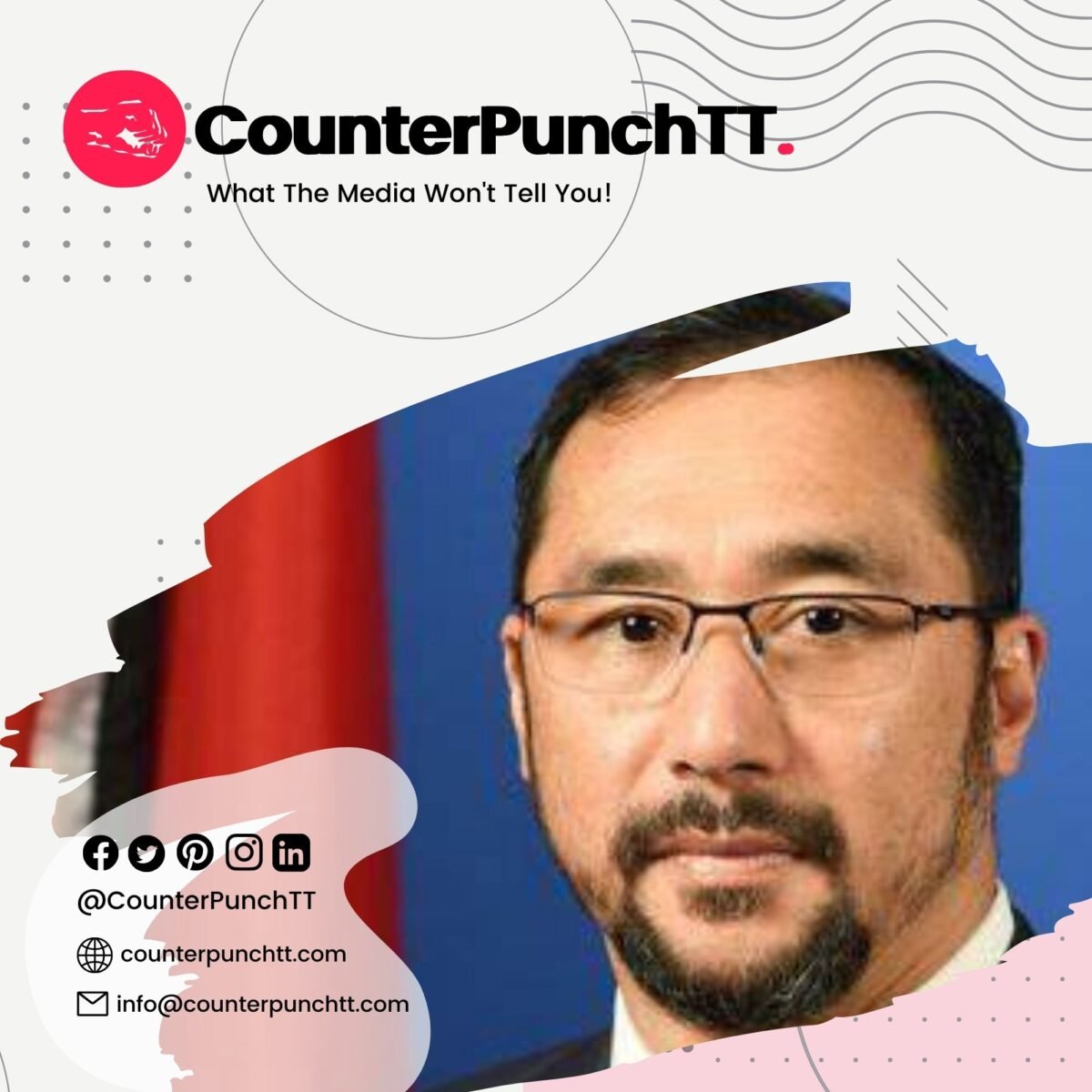STUART Young is expected to be a big business Prime Minister.
With his family’s entrepreneurial background and his entrenched commercial interests, Young is likely to become an even greater facilitator of large corporations than Dr. Keith Rowley.
That is almost certain to mean the gulf between rich and poor will continue to widen, and business fat-cats will increase their historically high profits.
Rowley infamously said that business must be encouraged to make more money, even as the poor got poorer under his watch.
A select few control about 80 per cent of the national wealth.
A small upper-class cartel has increased the food import bill from $4 billion in 204 to $7.3 b.
Business overlords are given an inequitable share of foreign exchange, while many small operators are forced to patronise the black market.
Business monopolies – including pharmaceutical imports–occurred under the so-called independent Fair Trading Commission, leading to price-fixing.
Fast food operators and massive commercial warehouses now occupy arable former sugar cane lands.
There is evidence everywhere of expansion and growth by a tiny minority while the middle class is endangered and many in the working class have slipped into poverty.
Expect more of the same from Young, whose business ties led to scores of personal recusals from Cabinet meetings.
There are fears that the incoming prime minister would facilitate a plutocracy, a government controlled by the wealthy.
Already, the employer class forced the removal of the President of the Industrial Court, occupies key positions on important State organisations, and influences public policies.
Well-placed business fat-cats get lucrative State contracts.
The tax burden is not equally shared.
Yachties get tax breaks while the rising costs of food staples, fuel and rent have heavily impacted salaried workers.
Bank charges punish small business operators and the common man.
The government has refused to intervene, even as the banking sector rolls in billion-dollar annual profits.
While some have been senselessly hailing Young’s rise as an indication of an evolving PNM, it is a clear-cut victory for the commercial upper-crust.
The World Bank has coined an appropriate term – State capture.
This is defined as “a type of systemic political corruption in which private interests significantly influence a State’s decision-making process to their own advantage.”
Young’s track record to date includes the irrational decision, as Energy Minister, to shutdown Petrotrin.
That move worsened the national economic scenario and tossed thousands of professionals onto the breadline.
Three attempts to divest the Pointe-a-Pierre facility have failed.
In his nine years in government, Young has not enunciated a vision for the society and is not seen as appreciative of its diversity and competing interests.
His personality and national outlook are heavily influenced by Rowley’s haughtiness and big business leanings.
Who would dare suggest that Young would create a balanced business playing field, assist small and medium-sized enterprises and break the stranglehold of large corporations?
All indicators are that the incoming national leader would permit more of the same – policies and programmes that would make possible more wealth for the merchant class.
That is an ominous sign is a country of huge income inequality.




